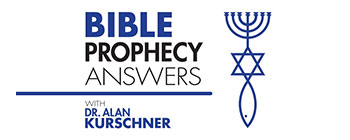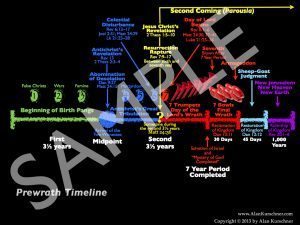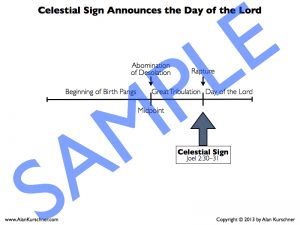J. Paul Tanner in his help commentary on Daniel, writes,
[T]he word for “wrath” does occur one other time in Daniel, namely Dan 11:36 [fn: Quite often, “wrath” [or “indignation”] (zꜥm) refers to God's wrath (e.g., Isa 26:20; Ezek 22:24), but in view of the context of Daniel, the reference in v. 19 appears to be wrath brought on by Antiochus IV. Goldingay agrees. He sees the “latter period of wrath” as the culmination in Antiochus IV of a lengthy period of oppression against Israel. He argues (215) that “the ongoing period of wrath is one in which they are continuing to be treated harshly rather than because of their own sin. … [T]he fact that the vision begins with the Persian era suggest that the whole period from the exile to Antiochus is the period of wrath denoted here.”]. In that context, the antichrist is in view, and the text says that “he will succeed until the time of wrath is completed.” This tends to confirm what was said in the previous paragraph about the ‘time of the end.' The wrath exercised by Antiochus IV is anticipatory of the latter-day wrath that will come at the hands of the antichrist” (509).
Tanner continues to make additional points that I would recommend reading. It is refreshing to see a commentator in this text rightly distinguish God's eschatological wrath from the specific wrath of Antiochus, who is a foreshadow of the wrath of antichrist (see also Luke 21:22!).

![Antichrist Before the Day of the Lord: What Every Christian Needs to Know about the Return of Christ [Paperback]](https://www.alankurschner.com/wp-content/uploads/2013/11/Prewrath-3D-Cropped-e1406256638580-218x300.jpg)
![Prewrath: A Very Short Introduction to the Great Tribulation, Rapture, and Day of the Lord [Paperback]](https://www.alankurschner.com/wp-content/uploads/2015/08/Prewrath-very-short-introduction-cover-682x1024-200x300.jpg)

